77mm Filter Fits What Lens?
When it comes to photography, understanding the compatibility of various accessories with your camera equipment is crucial. One such accessory that often raises questions is the lens filter, specifically the 77mm filter. This article aims to provide a comprehensive guide on which lenses are compatible with a 77mm filter, the importance of using the correct filter size, and how to determine the right filter for your lens. By the end of this article, you will have a clear understanding of how to match a 77mm filter to your lens and why it matters.
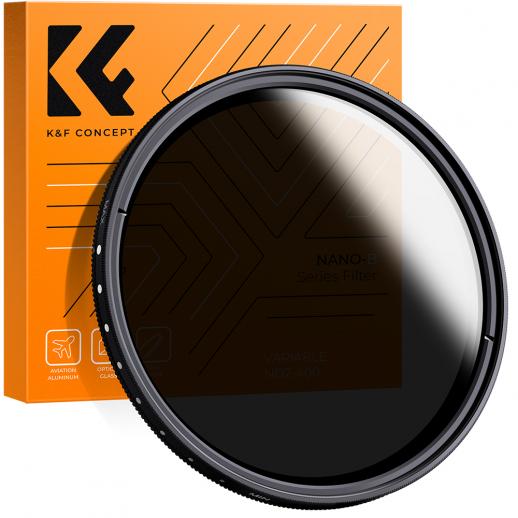
Understanding Lens Filters
Lens filters are essential tools in a photographer's kit. They serve various purposes, such as protecting the lens, enhancing colors, reducing reflections, and controlling light exposure. Filters come in different sizes, and the size is determined by the diameter of the lens's front element. The 77mm filter is one of the more common sizes, especially for professional-grade lenses.
Why Filter Size Matters
Using the correct filter size is crucial for several reasons:
1. Optimal Performance: A filter that fits perfectly ensures that there is no vignetting (darkening of the corners of the image) or other optical issues.
2. Protection: A correctly sized filter provides adequate protection to the lens without interfering with its operation.
3. Convenience: Having the right filter size means you can easily attach and detach the filter without any hassle.
Lenses That Fit a 77mm Filter
Several lenses from various manufacturers are designed to fit a 77mm filter. Here are some popular lenses that are compatible with a 77mm filter:
Canon Lenses
1. Canon EF 24-70mm f/2.8L II USM: This is a versatile zoom lens popular among professional photographers for its sharpness and build quality.
2. Canon EF 16-35mm f/2.8L III USM: Known for its wide-angle capabilities, this lens is ideal for landscape and architectural photography.
3. Canon EF 70-200mm f/2.8L IS III USM: A favorite among sports and wildlife photographers, this telephoto lens offers excellent image stabilization and sharpness.
Nikon Lenses
1. Nikon AF-S NIKKOR 24-70mm f/2.8E ED VR: This lens is renowned for its versatility and image quality, making it a staple in many photographers' kits.
2. Nikon AF-S NIKKOR 14-24mm f/2.8G ED: A top choice for wide-angle photography, this lens delivers exceptional sharpness and clarity.
3. Nikon AF-S NIKKOR 70-200mm f/2.8E FL ED VR: This telephoto lens is highly regarded for its fast autofocus and superior image stabilization.
Sony Lenses
1. Sony FE 24-70mm f/2.8 GM: Part of Sony's G Master series, this lens is known for its outstanding resolution and bokeh.
2. Sony FE 16-35mm f/2.8 GM: Another G Master lens, it offers excellent wide-angle performance and is perfect for landscape photography.
3. Sony FE 70-200mm f/2.8 GM OSS: This telephoto lens is praised for its sharpness, fast autofocus, and optical image stabilization.
Sigma Lenses
1. Sigma 24-70mm f/2.8 DG OS HSM Art: This lens is part of Sigma's Art series, known for its high-quality optics and build.
2. Sigma 14-24mm f/2.8 DG HSM Art: A great choice for wide-angle photography, this lens offers excellent sharpness and minimal distortion.
3. Sigma 70-200mm f/2.8 DG OS HSM Sports: Designed for sports and action photography, this lens provides fast autofocus and effective image stabilization.
How to Determine the Right Filter Size for Your Lens
If you're unsure whether a 77mm filter fits your lens, there are a few ways to determine the correct filter size:
1. Check the Lens Cap: The lens cap often has the filter size printed on it. Look for a number followed by the "Ø" symbol (e.g., Ø77).
2. Lens Barrel Markings: The filter size is usually marked on the lens barrel, near the front element.
3. Manufacturer's Specifications: Refer to the lens's user manual or the manufacturer's website for detailed specifications, including the filter size.
Benefits of Using a 77mm Filter
Using a 77mm filter on compatible lenses offers several benefits:
1. Uniformity: If you have multiple lenses with a 77mm filter thread, you can use the same filter across different lenses, saving you money and space in your camera bag.
2. Quality: High-quality 77mm filters are widely available, offering excellent optical performance and durability.
3. Versatility: A 77mm filter can be used for various types of photography, from landscapes to portraits, making it a versatile addition to your gear.
Types of Filters
There are several types of filters you can use with a 77mm filter thread, each serving a different purpose:
1. UV Filters: These filters protect the lens from dust, scratches, and UV rays. They are often used as a protective layer for the lens.
2. Polarizing Filters: Polarizers reduce reflections and glare, enhance colors, and improve contrast. They are particularly useful for landscape photography.
3. ND Filters: Neutral Density (ND) filters reduce the amount of light entering the lens, allowing for longer exposure times or wider apertures in bright conditions.
4. Graduated ND Filters: These filters have a gradient that transitions from dark to clear, helping to balance exposure in scenes with a wide dynamic range, such as landscapes with bright skies and dark foregrounds.
Understanding which lenses are compatible with a 77mm filter is essential for any photographer looking to optimize their gear. By using the correct filter size, you ensure optimal performance, protection, and convenience. Whether you shoot with Canon, Nikon, Sony, or Sigma lenses, there are numerous options available that fit a 77mm filter. Additionally, knowing how to determine the right filter size and the benefits of using a 77mm filter can enhance your photography experience. With this knowledge, you can make informed decisions about your equipment and focus on capturing stunning images.


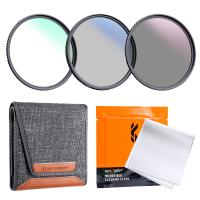
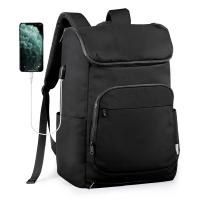
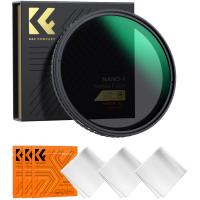
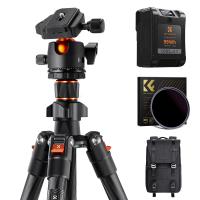
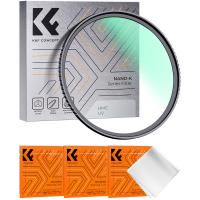
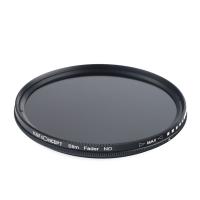
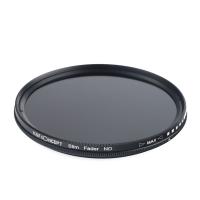
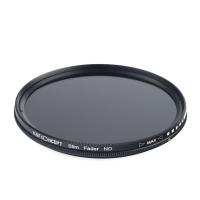
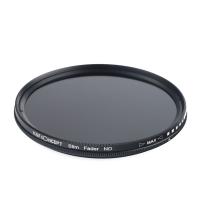
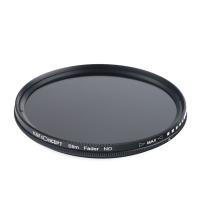
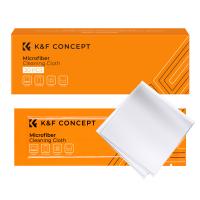
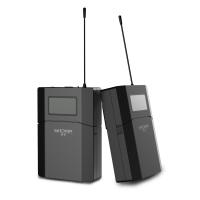
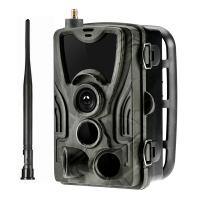
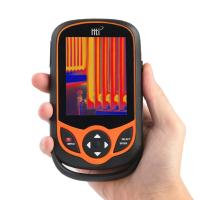
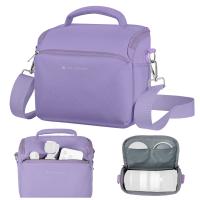
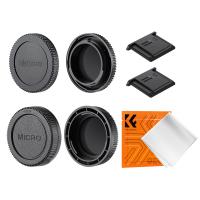
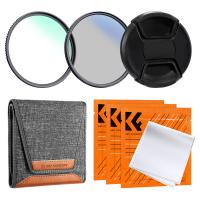
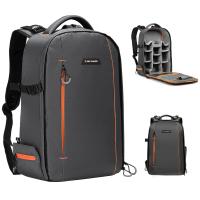
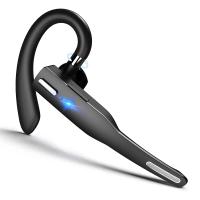
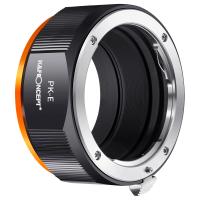
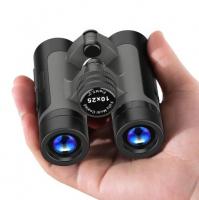

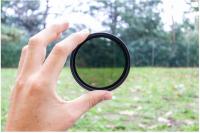
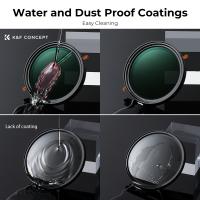
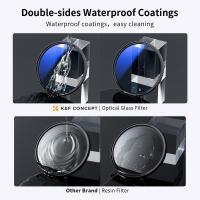
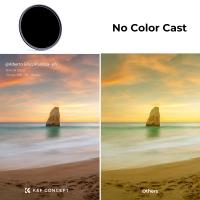
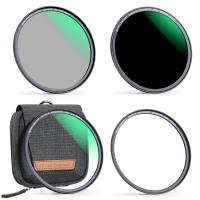
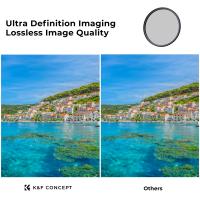
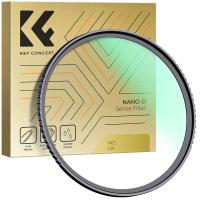
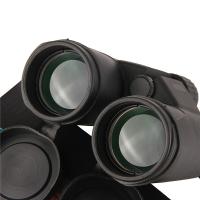
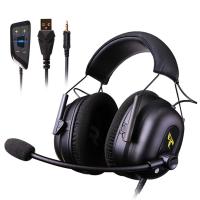
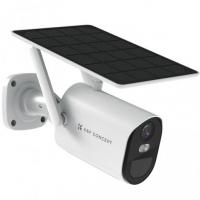
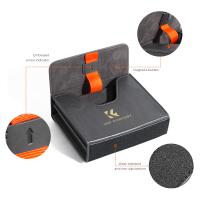
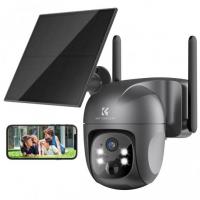
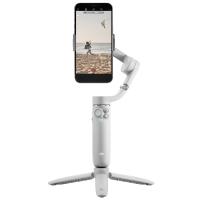





There are no comments for this blog.